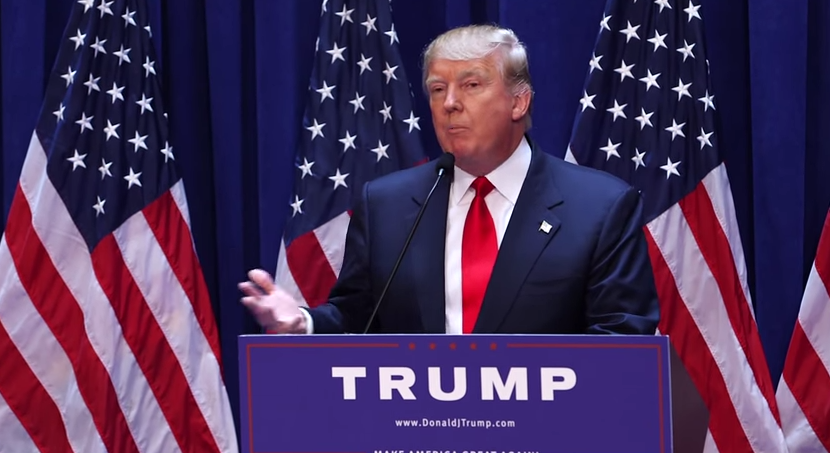Remember Andrew Sullivan’s “conservative case for gay marriage”? Years ago (longer than you might think), Sullivan argued that the consistently conservative position on same-sex marriage was legalization. I cannot summarize it better than he put it to Time Magazine:
Conservatives have long rightly argued for the vital importance of the institution of marriage for fostering responsibility, commitment and the domestication of unruly men. Bringing gay men and women into this institution will surely change the gay subculture in subtle but profoundly conservative ways.
For today’s generation of gay kids, all that changes. From the beginning, they will be able to see their future as part of family life — not in conflict with it. Their “coming out” will also allow them a “coming home.” And as they date in adolescence and early adulthood, there will be some future anchor in their mind-set, some ultimate structure with which to give their relationships stability and social support.
Sullivan’s argument depended on the acceptance of two premises. One, that the institutions of marriage and family are intrinsically good for society (this is the “Conservative” part), and two, that expanding the legal and philosophical margins of marriage to include two men or two women would strengthen those institutions by grafting in those who heretofore had been excluded.
Some recent evidence suggests that the second premise could be false. Mark Regnerus has presented data that suggests that, among Christians who favor legalized same-sex marriage, you are more likely to find views in line with sexual libertinism than pro-marriage and pro-family ones. Regnerus researched the views of four groups: Christians against SSM, Christians for SSM, Christians identifying as LGBT and non-Christian LGBT. He controlled these numbers with the “population average.” The results are stark and pretty clear: Support for SSM does not have a “conservatizing” effect on Christians. 
For me, the most striking thing about this chart are the jumps from column 1 to 2 in the first and third categories. Christians who support gay marriage are eight times more likely to endorse viewing pornography. Likewise those Christians are nearly seven times more likely to be in or approve of a casual sexual relationship.
These two things–porn and hook up culture–are obviously not friendly to the building up of marriages and families. Greg Forster wrote just last week about porn’s reliance on broken family relationships. Casual sex is even more obvious (try finding a college dudebro who aspires to court and wed the co-eds he brings to his dorm). In sum, Christians who support redefining marriage also tend to support redefining sexual morality as a whole.
How does this jive with Sullivan’s conservative case? Listen to Regnerus:
To be sure, the sexual and relational standards of many Christians have already shifted. I’m not so naïve as to think that affirming same-sex marriage is the first significant change to take hold in their sexual and relational norms. More likely, the sexual morality of many churchgoing Christians shifted years ago, and the acceptance of same-sex marriage as licit Christian action follows significant change rather than prompts it.
In saying that support for SSM is not a casual factor in Christian support for things like porn and hook ups, Regnerus says something more significant. He interprets this data to mean that the arrival at support of same-sex marriage is a forseeable consequence of Christian drifting on other issues related to sexuality and family. In other words, according to Regnerus, support of gay marriage is consistent with a worldview that has already embraced various departures from traditional sexual values.
This certainly would seem to undermine Sullivan’s conservative case for gay marriage. Rather than strengthening marriage and family by redefining them, it seems that the redefining itself happens within a moral context that departs from those social goods. Thus we must consider the alternative view: The best way to extol marriage and family as in society is to provide a consistent, historic and traditional sexual ethic.











